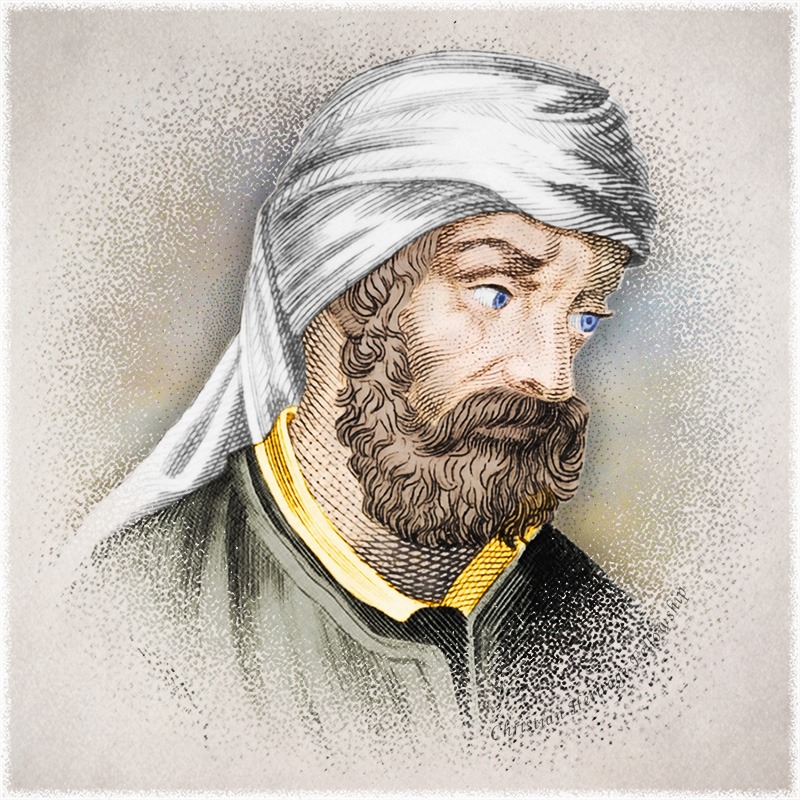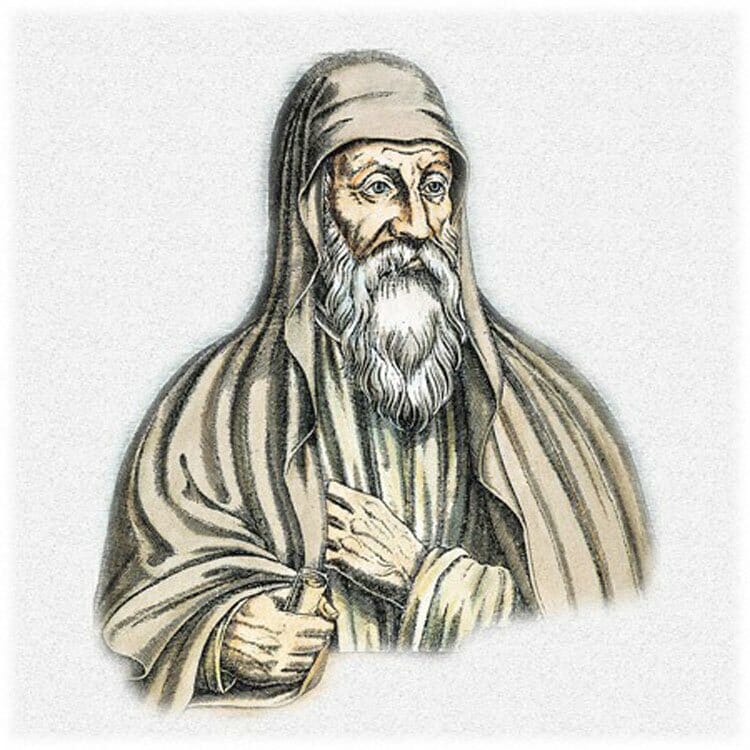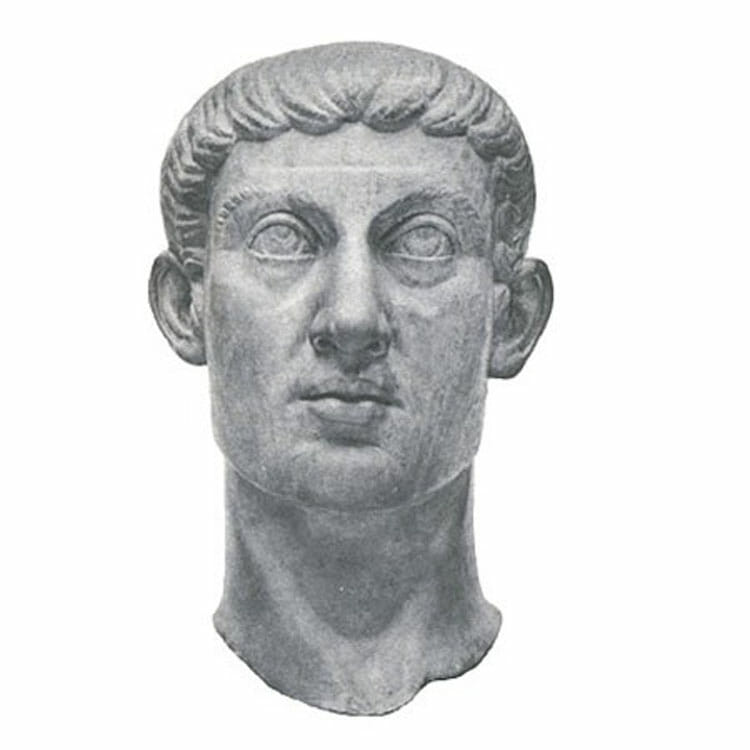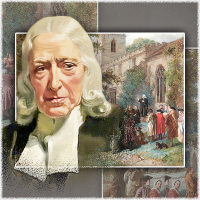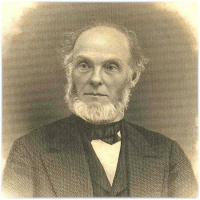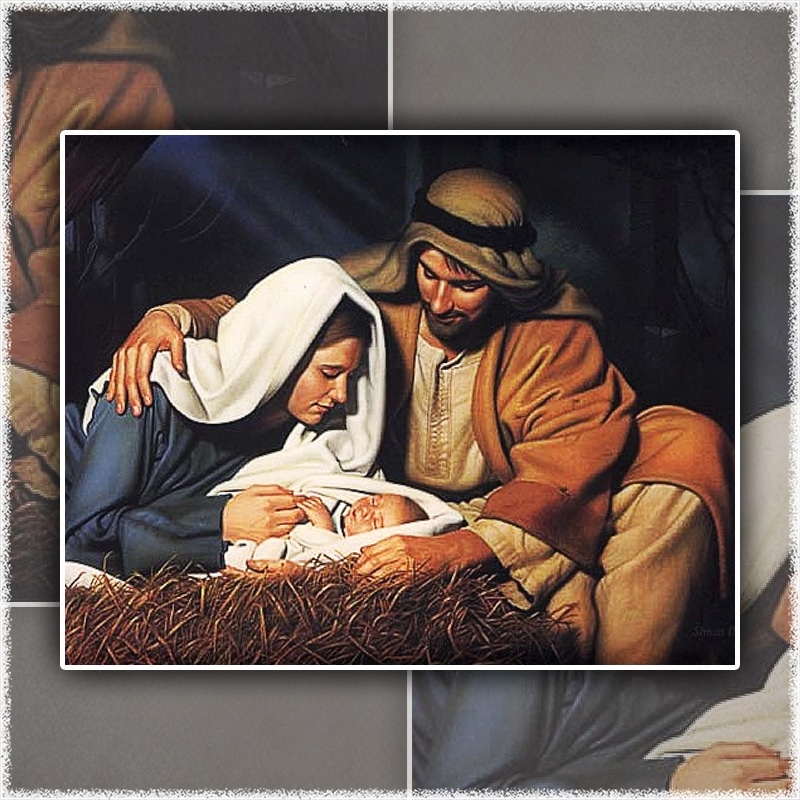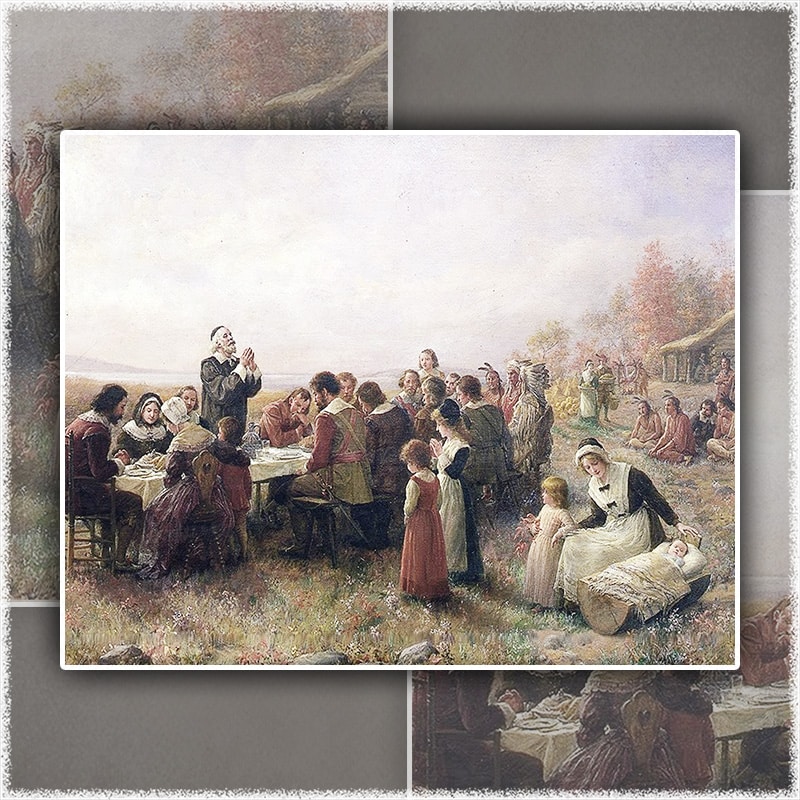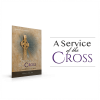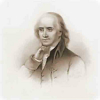Sunday Worship or the Lord’s Day in the Early Christianity
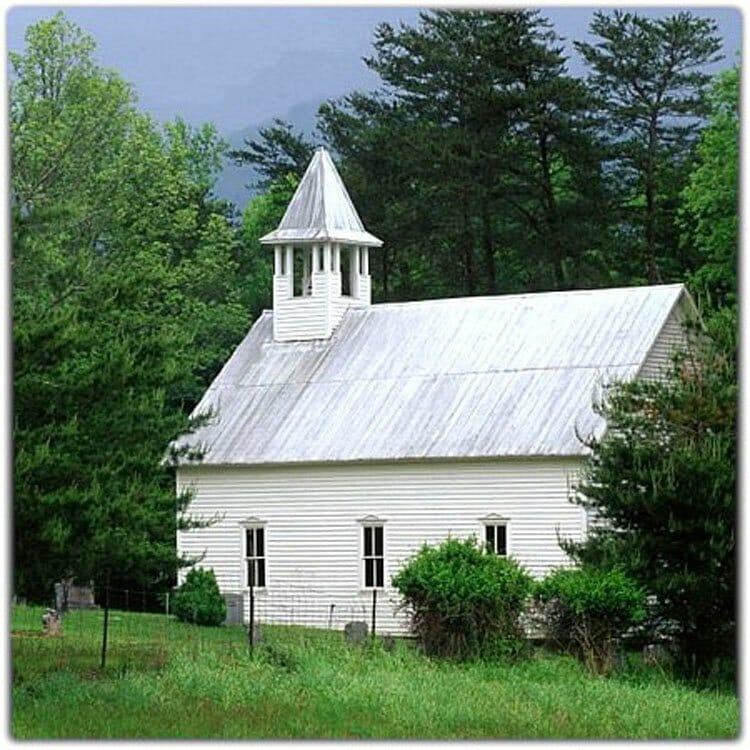
In Revelation 1:10, the Apostle John indicates that he was worshiping God in the Spirit “on the Lord’s Day.” This expression is very important because it is a word that is used in place of the term “Sunday.” Though it is only used in this reference one time in the New Testament, it becomes certain that John intends this as it is demonstrated by all of the Christians who write after the Apostles. Those Christian leaders who wrote at the end of the age in which the Apostles lived were generally known as the Ante-Nicene Fathers, because they ministered in Christian churches prior to the Council of Nicaea (which was convened in 325 AD).Sunday Worship or Lord's Day
In Revelation 1:10, the Apostle John indicates that he was worshiping God in the Spirit “on the Lord’s Day.” This expression is very important because it is a word that is used in place of the term “Sunday.” Though it is only used in this reference one time in the New Testament, it becomes certain that John intends this as it is demonstrated by all of the Christians who write after the Apostles. Those Christian leaders who wrote at the end of the age in which the Apostles lived were generally known as the Ante-Nicene Fathers, because they ministered in Christian churches prior to the Council of Nicaea (which was convened in 325 AD).Sunday Worship or Lord's Day
Contrary to the claims of the Roman Catholic Church, the Catholics were not the reason Christians began to worship on the first day of the week. Christians began to worship on Sunday immediately after the Resurrection of Christ. Though Seventh Day Adventists and other Sabbatarian groups have insisted that the expression "Lord's Day" refers to Saturday, never once is this expression used by the Apostles and their successors to refer to Saturday. The "Lord's Day" always refers to Sunday or the first day of the week. The following quotes, from the earliest writings of Christians, demonstrates that Christians worshiped on Sunday as a memorial—not to creation—but as a memorial to re-creation in Jesus Christ!Sunday Worship or Lord's Day
The quotations that follow are taken from the oldest Christian writings known to the Christian Church. Though their names are largely unknown to most believers today, they were the earliest leaders of the Church, succeeding the ministries of the Apostles. Quotes are documented and may be researched through the references provided at the end of each quote.
Table of Contents
Jewish Observances Replaced with Christian
Being, therefore, observers of “seasons” for these things, and of “days, and months, and years,” we Galaticize [so Christians were charged]. Plainly we do, if we are observers of Jewish ceremonies, of legal solemnities: for those the apostle unteaches, suppressing the continuance of the Old Testament which was buried in Christ, and establishing that of the New. But if there is a new creation in Christ, our solemnities [days of Christian observance] too will be bound to be new; else, if the apostle has erased all devotion absolutely “of seasons, and days, and months, and years,” why do we celebrate the Passover by an annual rotation in the first month? Why in the fifty ensuing days do we spend our time in all exultation? Why do we devote to Stations the fourth and sixth days of the week, and to fasts the “preparation-day?” . . . With us, at all events, every day likewise is celebrated by an ordinary consecration. And it will not, then, be, in the eyes of the apostle, the differentiating principle—distinguishing (as he is doing) “things new and old” . . .[1]
He [the Christian], in fulfillment of the precepts, according to the Gospel, keeps the Lord’s day, when he abandons an evil disposition, and assumes that of the Gnostic, glorifying the Lord’s resurrection in himself.[2]
And on the day of our Lord’s resurrection, which is the Lord’s day, meet more diligently, sending praise to God that made the universe by Jesus, and sent Him to us, and condescended to let Him suffer, and raised Him from the dead.[3]
On the day of the resurrection of the Lord, that is, the Lord’s day, assemble yourselves together, without fail, giving thanks to God, and praising Him for those mercies God has bestowed upon you through Christ, and has delivered you from ignorance, error, and bondage, that your sacrifice may be unspotted, and acceptable to God . . .[4]
Sunday Worship Not Sun Worship
Others, with greater regard to good manners, it must be confessed, suppose that the sun is the god of the Christians, because it is a well-known fact that we pray toward the east, or because we make Sunday a day of festivity [through worship].[5]
Type of Work Permitted on Sabbath
He [God] forbade work to be done on Sabbath-days, and yet at the siege of Jericho ordered the ark to be carried round the walls during eight days; in other words, of course, actually on a Sabbath. You do not, however, consider the law of the Sabbath; they are human works, not divine, which it prohibits. . . . What work? Of course your own. . . . Now, the carrying around of the ark is evidently not an ordinary daily duty, nor yet a human one; but a rare and a sacred work, and, as being then ordered by the direct precept of God, a divine one.[6]
Leisure on Saturday and Sunday
Let the slaves work five days; but on the Sabbath-day [Saturday] and the Lord’s day [Sunday] let them have leisure to go to church for instruction in piety. We have said that the Sabbath is on account of creation, and the Lord’s day of the resurrection.[7]
Rest on Lord’s Day, not Sabbath
Christians must not judaize by resting on the Sabbath [Saturday], but must work on that day rather honoring the Lord’s Day; and, if they can, resting then as Christians. But if any shall be found to be Judaizers, let them be anathema from Christ.[8]
New Era in World History at Coming of Jesus
John then came into the world from [the] grace of God . . . and his parents were Memory (about God) and the Oath of our God, about the fathers. Thus was he born to make ready for the Lord a people fit for Him, at the end of the Covenant now grown old, which is the end of the Sabbatic period. Hence it is not possible that the rest after the Sabbath should have come into existence from the seventh [day] of our God; on the contrary, it is our Saviour who, after the pattern of His own rest, caused us to be made in the likeness of His death, and hence also of His resurrection.[9]
How and When Christians Were to Worship
But every Lord's day gather yourselves together, and break bread, and give thanksgiving after having confessed your transgressions, that your sacrifice may be pure. But let no one who is at odds with his fellow come together with you, until they be reconciled, that your sacrifice[10] may not be profaned. For this is that which was spoken by the Lord: "In every place and time offer to me a pure sacrifice; for I am a great King, says the Lord, and my name is wonderful among the nations."[11]
On the first day of the week let there be service, and the reading of the Holy Scriptures . . . because on the first day of the week our Lord rose from the place of the dead, and on the first day of the week He arose upon the world, and on the first day of the week He ascended up to heaven, and on the first day of the week He will appear at last with the angels of heaven.[12]
We pray standing, on the first day of the week, but we do not all know the reason. On the first day of the resurrection . . . we remind ourselves of the grace given to us by standing at prayer, not only because we rose with Christ, and are bound to “seek those things which are above,” but because the day seems to us to be in some sense an image of the age which we expect . . .[13]
Wherefore let us enjoy a little sleep, and so shake off the drowsiness that steals over our eyes, as the dawn approaches, and then we will go together to church, for the observance of Sunday bids us do this . . .[14]
Wednesday is to be fasted, because then the Jews conspired to betray Jesus; Friday [should be a day of fasting] because he then suffered for us. We keep the Lord’s Day as a day of joy, because then our Lord rose [from the grave]. Our tradition is, not to kneel on that day.[15]
How Constantine Observed Sunday
He [Emperor Constantine the Great] ordained, too, that one day should be regarded as a special occasion for prayer: I mean that which is truly the first and chief of all, the day of the Lord and Saviour [Sunday]. The entire care of his household was entrusted to the deacons and other ministers consecrated to the service of God, and distinguished by gravity of life and every other virtue: while his trusty body guard, strong in affection and fidelity to his person, found in their emperor [Constantine] an instructor in the practice of piety, and like him held the Lord’s salutary day [Sunday] in honor, and performed on that day the devotions which he loved. The same observance was recommended by this blessed prince to all classes of his subjects: his earnest desire being gradually to lead all mankind to the worship of God. Accordingly he enjoined on all the subjects of the Roman empire to observe the Lord’s day, as a day of rest, and also to honor the day which precedes the Sabbath [or Friday]; in memory, I suppose, of what the Saviour of mankind is recorded to have achieved on that day. And since his desire was to teach his whole army zealously to honor the Saviour’s day (which derives its name from light, and from the sun), he freely granted to those among them who were partakers of the divine faith, leisure for attendance on the services of the Church of God, in order that they might be able, without impediment, to perform their religious worship.[16]
[After describing many of the effects of Constantine upon the Church, early Christian historian, Salaminius Hermias Sozomen, wrote the following about Constantine’s observance of the Lord’s day]: He [Constantine] also enjoined the observance of the day termed the Lord's day, which the Jews call the first day of the week, and which the pagans dedicate to the sun, as likewise the day before the seventh, and commanded that no judicial or other business should be transacted on those days, but that God should be served with prayers and supplications. He honored the Lord's day, because on it Christ arose from the dead, and the day above mentioned, because on it he was crucified. He regarded the cross with peculiar reverence, on account both of the power which it conveyed to him in the battles against his enemies, and also of the divine manner in which the symbol had appeared to him. He took away by law the crucifixion customary among the Romans, from the usage of the courts. He commanded that this divine symbol should always be inscribed and stamped whenever coins and images should be struck, and his images, which exist in this very form, still testify to this order. And indeed he strove in everything, particularly in the enactment of laws, to serve God. It appears, too, that he prohibited many flagitious and licentious connections, which till that period had not been forbidden; as one, who cares about it, may see at a glance from these few instances what the laws were, which he established about these points; it appears to me unreasonable now to treat them exhaustively. I consider it necessary, however, to mention the laws enacted for the honor and consolidation of religion, as they constitute a considerable portion of ecclesiastical history.[17]
Observance by Christian Religious Orders
In case a monk falls ill, he is moved to a more spacious chamber, and there so attentively nursed by the old men, that he misses neither the luxury of cities nor a mother’s kindness. Every Lord’s day [Sunday] they [Christian monks] spend their whole time in prayer and reading; indeed, when they have finished their tasks, these are their usual occupations.[18]
No sister [in a woman’s monastery] was allowed to be ignorant of the psalms, and all had every day to learn a certain portion of the holy scriptures. On the Lord’s day only they proceeded to the church beside which they lived, each company following its own mother-superior.[19]
Conclusion
The earliest biblical and historical records of the Christian Church indicate that Christians were worshiping on the day of the week that Christ rose from the dead. Almost universally, Christians who argue for the observance of Saturday as the day for Christian worship do so by insisting that the Roman Catholic Church changed Christian worship from Saturday to Sunday. Nothing can be further from the facts of Scripture and Church history. The writings of the earliest Christian leaders and literature bear witness to the fact that Christians were worshiping on the first day of the week—Sunday, as a memorial to the Resurrection of Jesus.
America deserves to know its true heritage.
Please contribute today!
Related Articles
[1] Tertullian, Ante-Nicene Fathers, “On Fasting,” 4:111-12.
[2] Ante-Nicene Fathers, “The Stromata,” 2:545.
[3]Ante-Nicene Fathers, “Constitution of the Holy Apostles,” 7:423. Taken from a work which is discussing how Christians should worship.
[4]Ante-Nicene Fathers, “Constitution of the Holy Apostles,” 7:471.
[5] Tertullian, Ante-Nicene Fathers, “Ad Nationes,” 3:123.
[6]Ante-Nicene Fathers, “Tertullian Against Marcion,” 3:313-14.
[7]Ante-Nicene Fathers, “Constitutions of the Holy Apostles,” 7:495.
[8] Canon XXIX, Synod of Laodicea, Nicene and Post-Nicene Fathers, 14:148.
[9] Origen, Ante-Nicene Fathers, “Commentary on John,” 9:342.
[10] The sacrifice of praise in Christian worship.
[11] Ante-Nicene Fathers, “The Didache” or “Teaching of the Twelve Apostles” (chapter 14), 7:381. This documents was one of the earliest manuals composed by Christians describing how Christians should live and worship.
[12]Ante-Nicene Fathers, “The Teaching of the Apostles,” 8:668.
[13] Basil, Nicene and Post-Nicene Fathers, “On the Spirit,” 8:42.
[14] John Cassian, Nicene and Post-Nicene Fathers, “The Second Conference of Abbot Serenus,” 11:375.
[15]Nicene and Post-Nicene Fathers, Canon XV, “Canons of Peter of Alexandria,” 14:601.
[16] Eusebius, Nicene and Post-Nicene Fathers, “The Life of Constantine,” 1:544-545.
[17] Sozomen, Nicene and Post-Nicene Fathers, “The Ecclesiastical History of Sozomen,” 2:245. It should be noted that many who deny that Christians should worship the Lord on Sunday point to Constantine as the one who cause the Church to reject Saturday worship. All Constantine did was to solidify what the Church had been practicing from the Apostles onward.
[18] Jerome, Nicene and Post-Nicene Fathers, “Letter XXII,” 6:38.
[19] Jerome, Nicene and Post-Nicene Fathers, “Letter CVII,” 6:206.

